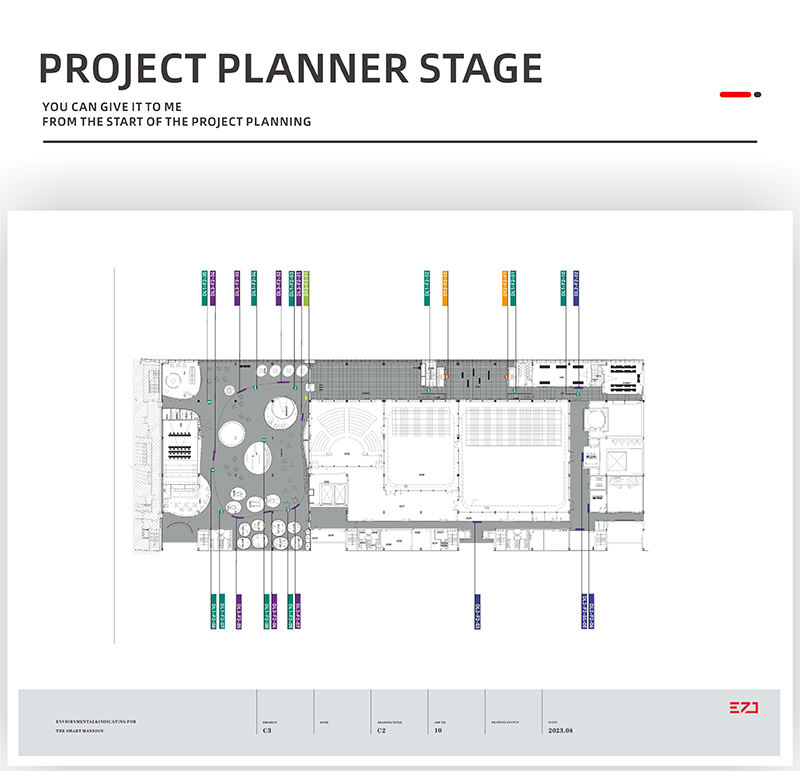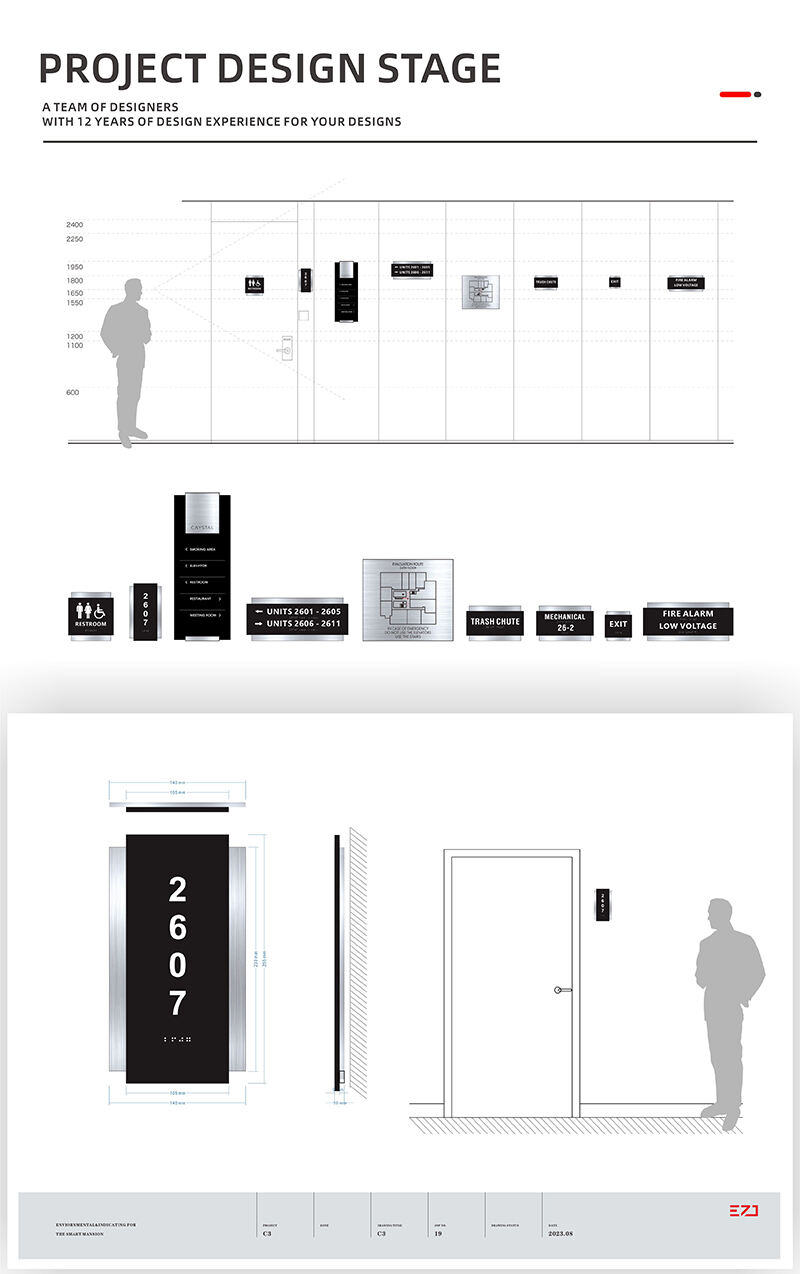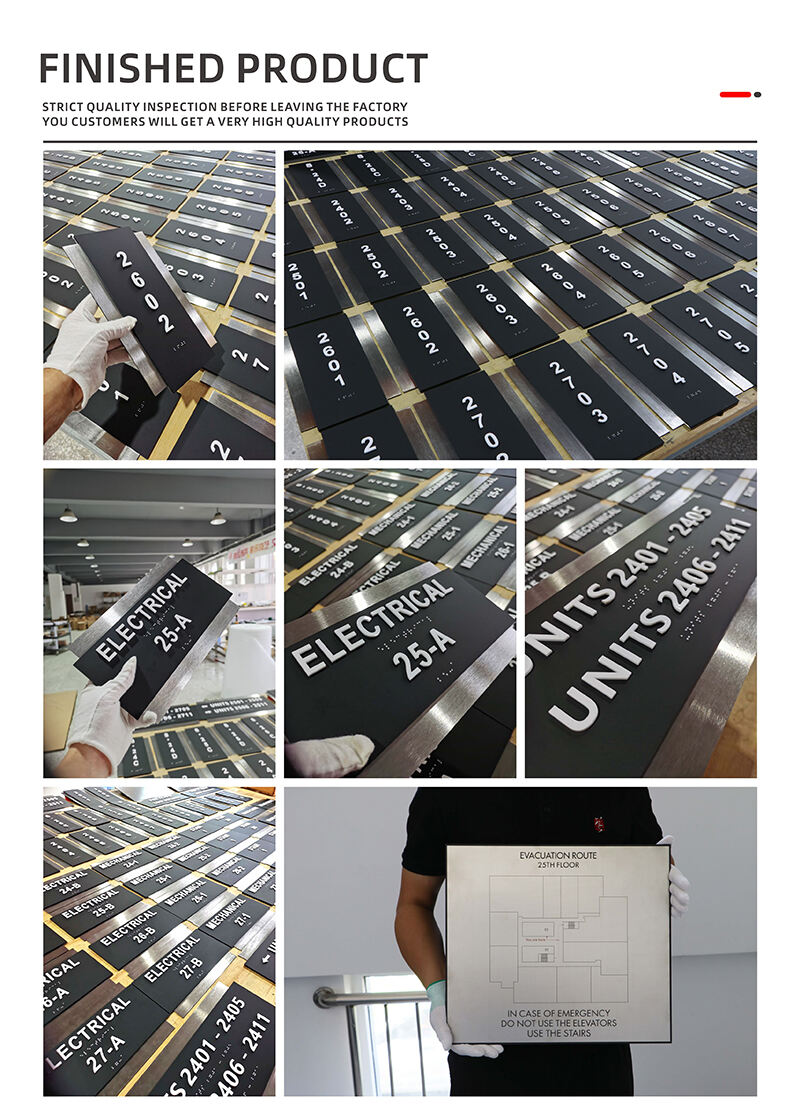
No. 77-2-4,No.13 Road,Shenyang Economic And Technological Development Zone,Liaoning Province,China.
Telephone:+86-130 32458698
No. 77-2-4,No.13 Road,Shenyang Economic And Technological Development Zone,Liaoning Province,China. +86-130 32458698 [email protected]
Concept of Hotel Signage System Planning and Design
Hotel signage system planning and design involves extending the hotel's lobby to understand the hotel's structure, determine the signage system planning, and then confirm the design direction based on the overall plan. Personalized design of signage to showcase the hotel's unique features is carried out comprehensively, integrating materials, craftsmanship, lighting, and interior design to perfectly reflect the hotel's quality.
Core of Hotel Signage System Planning and Design
The core of hotel signage system planning and design is to understand the needs of guests. Are they there to "stay" or to "enjoy" the hotel? Different purposes require different signage needs. "Stay" implies guests find the signage themselves, while "enjoy" means signage needs to serve the guests. Research and analysis of guest requirements for the signage system is crucial for designing an effective hotel signage system.
Scope of Hotel Signage System
Peripheral entrances
Building external environment
Interior
Facility areas
Management areas
Parking system
The focus of hotel signage system planning design is primarily on entrances and lobbies, with secondary importance given to guest rooms. Understanding the hotel's structure, whether it's a single building, podium, connected buildings, or villa-style, is critical. Not only should guest areas be considered, but also interior and facility areas, management areas, and parking systems. Integration with the hotel’s smart management system is essential.
Detailed Areas of Hotel Signage System
Exterior and Entrance Signage:Includes directional signs, entrance signs, and guideposts for human and vehicle traffic.
Parking Signage:Guidance for both short-term surface parking and longer-term underground parking, along with “No Parking” signs.
Interior Signage:Encompasses public areas, elevator directories, floor indicators, warning signs, area maps, and hanging guide signs. Designers must determine installation structure and method based on site conditions. Coordination with interior designers is often necessary to avoid conflicts in planning.
Minimalist Approach for Lobby and Interior:Limited yet precise signage, including movable information boards, restroom signs, staff-only signs, fire hydrant signs, and special restaurant and dining area signs.
Key Areas for Hotel Signage System Planning
Hotel lobby
Environmental analysis
Building characteristics
Management style
Standard formats
Flow analysis
Facility analysis
Critical Points for Effective Planning
Focus on the first-floor lobby and its extended areas. Environmental and architectural features, management styles, and guest flows should be analyzed. Signage planning should cater to different types of guests, including staying guests, visitors, and dining or conference attendees, with appropriate information provided.

Design and Installation of Hotel Signage System
Five-star hotels generally have a standard VI (Visual Identity) system. Signage design must respect these VI requirements, taking into account the hotel's architectural features, environment, local characteristics, and cultural heritage. High-quality materials and appropriate installation methods must be chosen. For example, in ultra-luxury hotels like one in San Diego, signage is often made of classic materials like copper, reflecting the hotel's quality and image.
Installation Challenges and Coordination
Installation of signage must be carefully planned, especially for features like large exterior signs on buildings. For glass curtain walls, advance coordination with the curtain wall company is necessary to incorporate pre-embedded structures. Designers must be proactive in identifying potential issues during engineering coordination meetings to avoid costly changes later.
In summary, hotel signage system planning requires a comprehensive approach from entrance to various facility areas, integrating with smart management systems and ensuring high-quality design and installation to enhance guest experience and reflect the hotel's image.